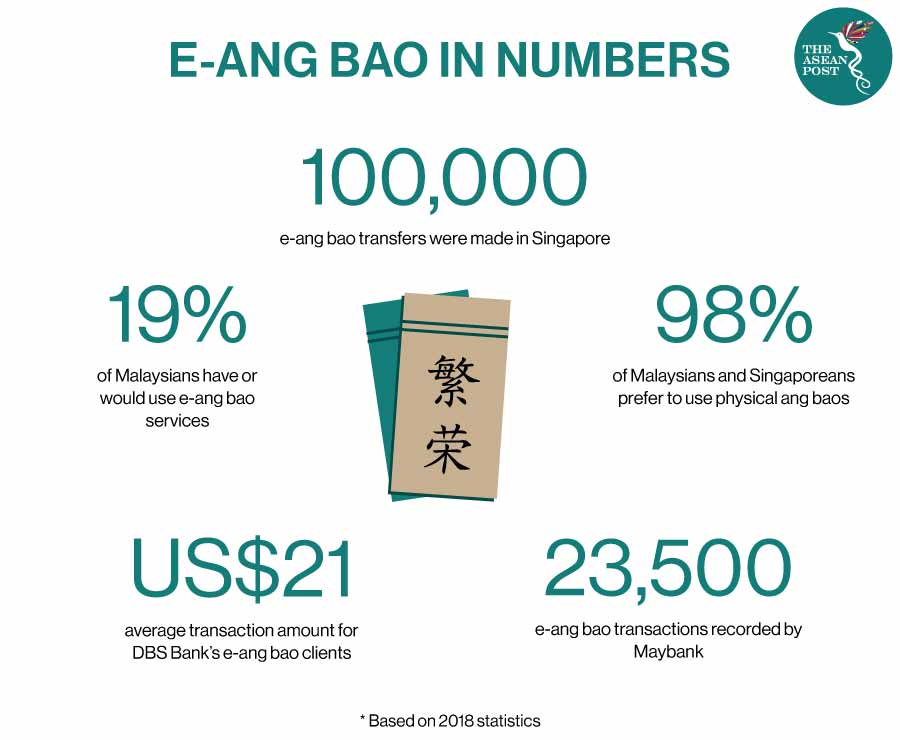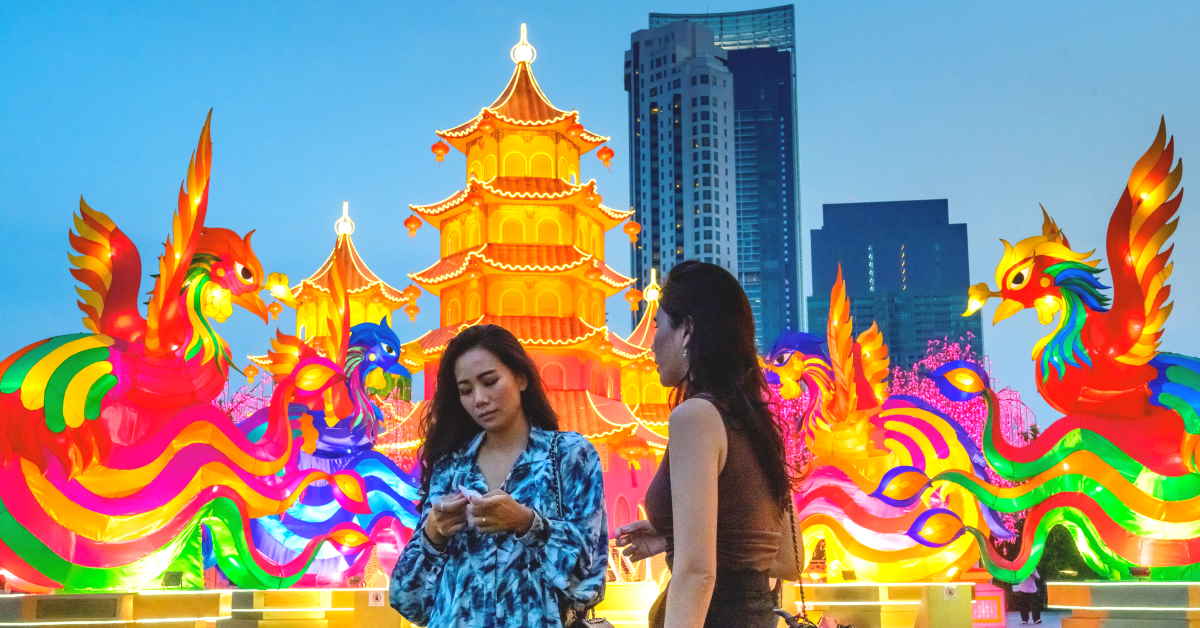Just like Christmas last year, another significant global holiday is being celebrated under COVID-19 restrictions.
Lunar New Year decorations such as vibrant red lanterns and paper cuttings grace Asian malls, alleys and city streets. Bustling crowds that are typically seen in these places during this time of year, have disappeared due to coronavirus fears.
“This is the first time in 20 years of business that I’ve been in this situation,” said Gong Linhua, a seller of Lunar New Year decorations in Wuhan, China.
According to media reports, this year is even worse for those like Linhua who are in sales compared to last year. Wuhan, where the virus was first detected, was locked down just two days before Lunar New Year 2020, therefore, by then most of the decorations had already been sold.
Linhua’s shop, filled with ornaments for the celebration which will begin tomorrow, is at the bottom of the commercial food chain.
Closer To Home
In Thailand, it was reported that its consumer spending over the Lunar New Year could drop by more than a fifth to THB44.9 billion (US$1.5 billion) from 2020 as the COVID-19 outbreak hits consumption activities.
Thanavath Phonvichai, President of the University of the Thai Chamber of Commerce, said the estimated drop from THB57.5 billion (US$1.92 billion) in 2020 would mark the steepest spending fall in the period in 13 years.
“People are spending less because of a bad economy, lower income and COVID-19,” he added.
In neighbouring Vietnam where nearly 100 million Vietnamese are expected to celebrate with families and friends, the Lunar New Year or ‘Tet’ is the most important festivity in the ASEAN member state.
The week-long holiday started yesterday but the celebratory mood has been dampened by COVID-19 over rising cases and community transmissions.
Moreover, Vietnamese authorities have also been asking citizens and residents to stay home and limit travel during the holiday as a precaution. It was reported that some local authorities have also suspended festivals, religious rituals, sports tournaments, and crowded events in public places.
The authorities in fellow ASEAN member state Malaysia too have warned the public that they will take stern action against any individual found intentionally flouting the COVID-19 standard operating procedures (SOP) throughout the Chinese New Year celebrations period.
Abdul Hamid Bador, the Inspector-General of Police in Malaysia said local police would continue to carry out compliance operations to ensure that the public adhered to the SOP stipulated by the government.
“Before the pandemic, we would gather in my grandparents’ house for a reunion dinner and we'd just spend time together as a family. We usually have people over on the first and second day of the celebrations,” reminisced Ilicia Alias, a Content Manager for a Malaysian fintech company.
As the country is currently under a partial lockdown, a Chinese New Year SOP was released earlier this week in order to control the spread of the virus during the long weekend.
Alias also shared with The ASEAN Post how she would “miss the laughter of over 20 people cramped up in a tiny house during Chinese New Year, the lion dance, and coming up with Cantonese phrases to recite when receiving ang baos.” Nevertheless, she added that she understands the need for the SOP, especially as the country has been reporting over 3,000 new cases of COVID-19 daily in recent weeks.
For Darren Yeoh, a 28-year-old from the island state of Penang in Malaysia, the SOP makes sense and is not unexpected given the current situation of the pandemic. “While I won't be able to reunite with all of my immediate family members as a result, I can understand where the government is coming from,” he said.
“The atmosphere is definitely different. The celebration this year feels rather lifeless,” Yeoh told The ASEAN Post. “However, I think the main thing is being able to make the most of the situation and being able to spend the day with family.”
Keeping Traditions Alive
The tradition of giving red packets containing cash or ang baos by elders to children and unmarried relatives during the Chinese New Year symbolises good luck. It is also a custom during birthdays and weddings.
As COVID-19 preventive measures and social distancing practices are in place amid the Chinese New Year celebrations, most people rely on technology to keep some traditions alive. This includes virtual gatherings and e-ang baos.
Although e-ang baos or virtual red packets are not a new thing, and is in fact widely used in China and Taiwan, it is not as prevalent in Southeast Asia. However, in recent years, they can be distributed through selected banks and e-wallet services.
It was reported in 2018, that only 19 percent of Malaysians have or would use such a service, with 98 percent of Malaysians and Singaporeans preferring to use a physical ang bao over its digital counterpart.

But that was before the coronavirus pandemic.
These days, e-wallet adoption is on the rise in the region. According to the “Mastercard Impact Study 2020,” Malaysia leads other countries in Southeast Asia when it comes to using e-wallets at 40 percent, followed by the Philippines (36 percent), Thailand (27 percent) and Singapore (26 percent).
Perhaps this year, more people would use e-ang baos to retain the Chinese New Year gift-giving tradition amid the pandemic.
The ASEAN Post team would like to wish all of our ASEAN readers a very prosperous and happy Lunar New Year!
Related Articles:
